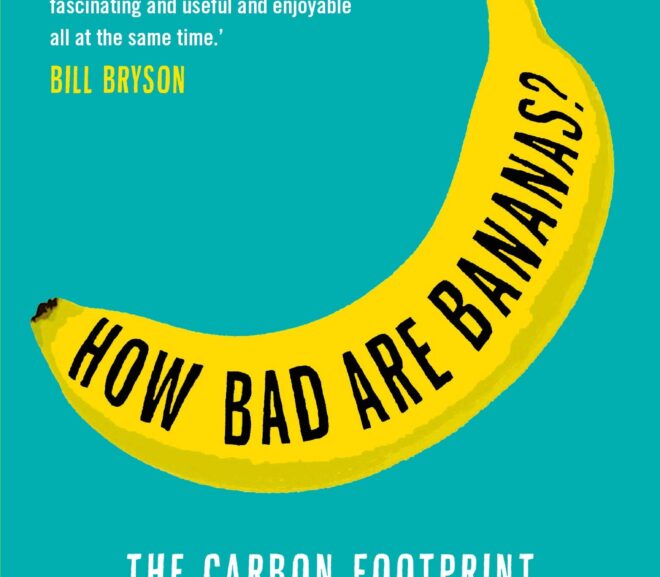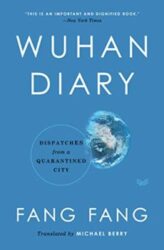Books on sustainability published in 2020 emphasise revisiting the current development model with more urgency due to Covid-19.
Books
From investigative reports, poetry collections, self-help guides to philosophical treatises, the Covid-19 pandemic has given birth to hundreds of books in an otherwise depressed publishing market.
Rani Singh’s biography, ‘Sonia Gandhi: an extraordinary life, an Indian destiny’ not only captures her life story, but also lends it a perspective it in the larger frame of times we live in.
If Dr Mukesh Batra is the country’s most famous homeopath, it’s because he has not only set up the world’s largest chain of homeopathy clinics…
Rohini Nilekani’s book ‘Uncommon Ground’ seeks to find middle ground between industry and civil society leaders.
S Ramadorai’s ‘The TCS Story and Beyond’ captures the success story of the global IT services company in great detail and it is worthy of being taught at b-schools.
Chris Barz-Browns in his ‘Shine: How to Survive and Thrive at Work’ seeks to help ordinary people live extraordinary lives.
Rajeev Peshawaria’s ‘Too Many Bosses, Too Few Leaders’ reveals how bosses can unlock their leadership potential to create great companies.
Roger Martin’s ‘Fixing the Game: Bubbles, Crashes, and What Capitalism Can Learn from the NFL’ lays bare what is wrong with American capitalism and offers prescriptions for fixing it.
‘Poor Economics: A Radical Rethinking of the Way to Fight Global Poverty’ by MIT’s Abhijit V Banerjee and Esther Duflo argues that anti-poverty policies are flawed because of lack of understanding of poverty and its reasons and have laid down a fresh approach based on learning from past experiences.


